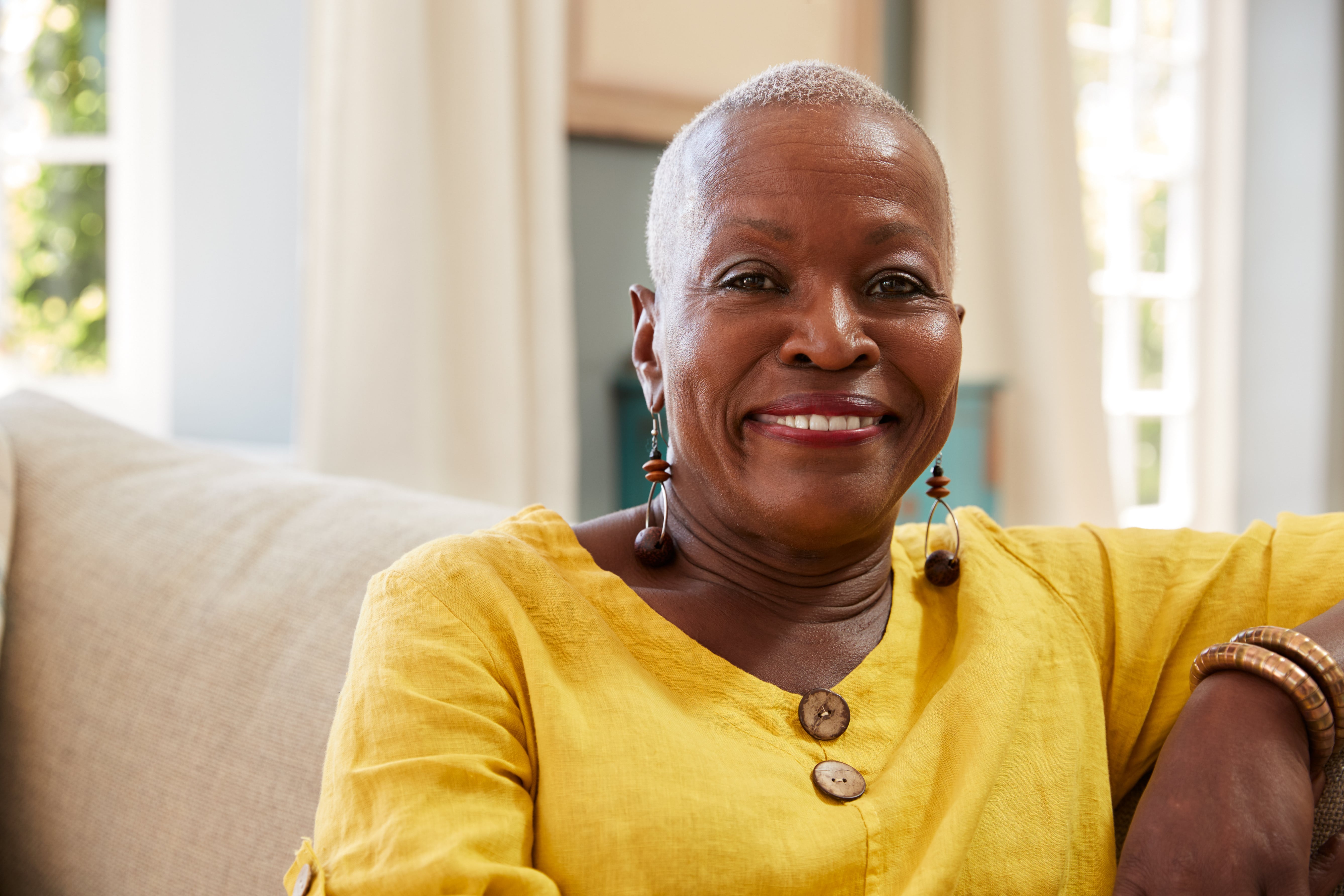Asset Publisher
Tackling Fears of Aging Alone as a Solo Ager or Elder Orphan
By Lisa Weitzman | 07/15/2020

Studies show that 22 percent of Americans age 65+ have no immediate family to care for them when they need help
If it has done nothing else, the COVID-19 pandemic has taught many – if not most – of us a lesson or two about social isolation and its impact on physical and emotional well-being. We were suddenly cut off from friends, co-workers and community interactions that defined the rhythm of our lives and provided predictability and connection. The pandemic caused particular concern for those living alone, as it forced many to think about who would care for them should they contract the virus.
These concerns around “Who will care for me if I cannot care for myself?” are not new for those who do not have children (known as “solo agers”) or a spouse or life partner (known as “elder orphans”). In fact, studies show that 22 percent of Americans age 65+ are at risk for becoming “elder orphans,” and will have no immediate family to care for them when they need help (Dr. Maria Carney in Bella DePaulo, Elder Orphans: A Real Problem or a New Way to Scare Singles?, Psychology Today, 10/4/16). Without family members to rely on for assistance and companionship, those who are aging alone are not only isolated, but are also at an increased risk for cognitive decline, heart disease and earlier death (Jeff Hoyt, Living Without Family, 8/31/18).
What are the challenges of aging alone?
When thinking about the challenges embedded in aging alone, it may be easiest to begin by thinking about the roles that adult children play as their parents age. They may serve as caregivers, help with housing issues, offer emotional and financial support, assume healthcare and/or financial power of attorney responsibilities, and provide socialization and connectedness simply by being present (Sara Zeff Geber, Essential Retirement Planning for Solo Agers, 2018.). Not only do solo agers lack these supports, but they also must navigate a world which immediately assumes that adult children are present to help. Instead, older adults aging alone often lack obvious family caregivers and decision-making support, and experience numerous barriers to care.
A recent survey showed that individuals who are aging alone share many of the same concerns about aging as older adults who are more socially connected experience, including fears about losing their housing or having enough money to meet basic needs. Others also struggle with depression and anxiety (Carol Marak, ‘Elder Orphans’ Have a Harder Time Aging in Place, 12/5/17).
How can we prepare to age alone?
While many fear growing old alone and losing independence, taking steps now to prepare for aging may help to ensure our well-being later on if we are, or might become, an elder orphan or solo ager. These are just a few options we can consider:
- Building an infrastructure around ourselves: If we can’t turn to family for our needs, we may wish to find new ways to connect with our communities. Given the current physical distancing restrictions, we may want to start by joining a virtual community. Explore the Elder Orphans Facebook Group or check out agingsolo.com.
- Developing our own calling tree: We can establish helping relationships even before we need them by determining whom we will call when we need assistance, informing these friends or community members of our expectations and figuring out whose support network we will join in return.
- Embracing planning: It is often hard to think about our own aging, let alone to plan for it. However, the planning process is critically important, as it will enable us to retain control over our future care. With guidance from trusted friends and advisors, we can begin by determining who will hold our healthcare and financial powers of attorney, and ensuring that our legal documents are in order and clearly define our end-of-life preferences. We can also learn about the resources in our communities for housing, in-home services and transportation, and figure out when to access them. At the same time, we should recognize that these plans may evolve.
- Thinking creatively about who might help to fill the role of caregiver. We may perhaps even put together our own personal Board of Advisors made of people in our communities.
Related Assets
Suggested Reads
WeCare...Because You Do℠
Benjamin Rose's WeCare is a telephone- and email-based care coaching program that assists and supports older adults with chronic conditions and caregivers.
Aging in Place: When is the Right Time to Right Size?
Deciding whether to continue to live in the home we have lived in for decades is a difficult decision. Not only are there financial considerations to think about, but we also need to factor in health and safety issues, such as whether our home can be easily na...
Ways to Manage Social Isolation
The negative impact and detrimental effects of social isolation remain an important topic. The AARP Public Policy Institute’s 2018 study “highlighted social isolation as the new silent killer – a major risk factor for a host of conditions, including heart dise...
